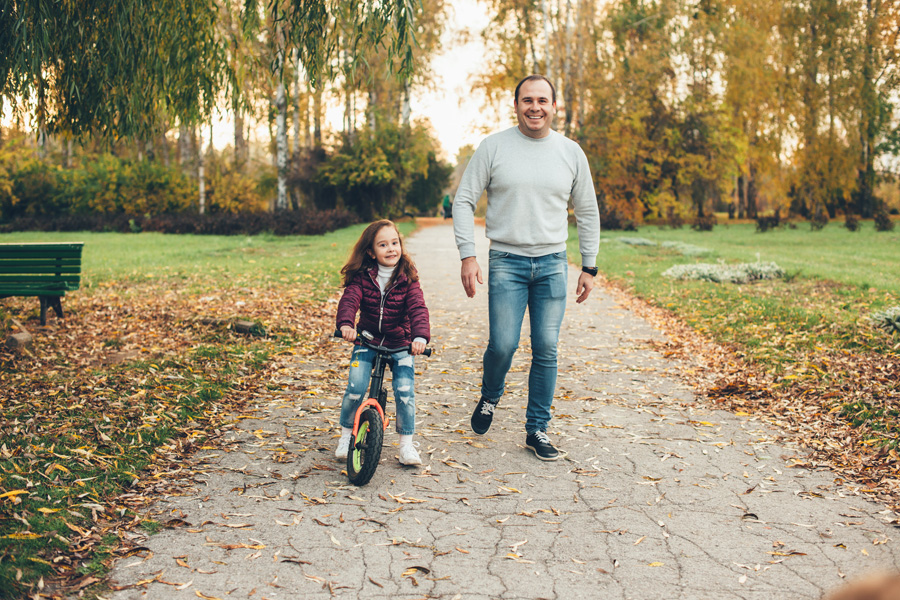A New Theory of Change for Child Abuse Prevention
As the Minnesota chapter of Prevent Child Abuse America (PCAA), FamilyWise looks to PCAA as a partner and thought leader in the field of prevention. We are excited to share their recently released Theory of Change framework that offers a new way forward in child abuse prevention.
The framework is inspiring because it represents a shift towards bold and holistic community and systems-level changes with the power to transform the trajectories of future generations. PCAA’s Theory of Change aligns with our own goals to grow a unified child abuse prevention movement in Minnesota, ensuring the health and wellbeing of all children and families.
A Theory of Change for Systems Change
The Theory of Change outlined by PCAA represents a paradigm shift in prevention. Often prevention initiatives focus on reducing and addressing trauma at an individual level. This framework acknowledges that systemic factors, including poverty and structural racism, impede wellbeing, highlighting the need for a comprehensive primary prevention ecosystem that “disrupts the status quo and advances equitable access to opportunities and environments that all families need to thrive and achieve financial stability.”
The prevention ecosystem calls on families, community members, elected officials and policymakers, and cross-sector organizations and institutions at all levels to advocate for policies and practices that ensure “families have what they need, when they need it, in the communities where they live, delivered without stigma.”
Strategies for Achieving Change
PCAA outlines five strategies for building a comprehensive primary prevention ecosystem and advancing the wellbeing of children and families:
- Transform the narrative around prevention by uplifting the theory of change framework and promoting intersectional approaches that advance equity.
- Center families as partners in decision-making through authentic engagement of diverse families within the primary prevention ecosystem.
- Build and leverage evidence and influence to advocate for effective policies, practices, programs, and systems that advance positive childhoods for all children.
- Amplify collaborative learning and adaptive action by building community relationships, shared outcome measures, and collective learning opportunities.
- Grow and sustain the human and financial capacity to advance prevention by aligning organizational practices, from human resources to organizational culture, with the values and beliefs at the foundation of the Theory of Change.
You can dive deeper into the components and actions identified for each of these strategies when you read the full Theory of Change document.
Aligning to the Theory of Change
Individuals and organizations can use the PCAA Theory of Change to guide their own efforts. PCAA encourages partners across the country to align their own values and strategies with the primary prevention ecosystem and shared outcomes developed in their Theory of Change.
FamilyWise is already using some of the approaches outlined in the PCAA Theory of Change, including:
- We center families as partners in our decision-making through our Parent Leadership program, an initiative that aims to give parents a seat at the table with systems leaders so that their voices directly influence change. We collect input from families about their needs to make data-driven decisions.
- We build and leverage evidence to advocate for effective policies and practices when we share data and stories in our annual Family Wellbeing Index.
- We have been working to transform the narrative around prevention to be inclusive of the whole family approaches and natural (or informal) supports for families. We integrate a natural supports framework into our direct services for families, helping them build a supportive network of friends, family, and neighbors to sustain them through challenging times.
As we continue to define and grow our prevention efforts at FamilyWise, this framework will provide valuable insight into how we can effectively bring prevention partners together to create the bold change necessary for all children and families to thrive.
Click here to read the full Theory of Change from Prevent Child Abuse America.
